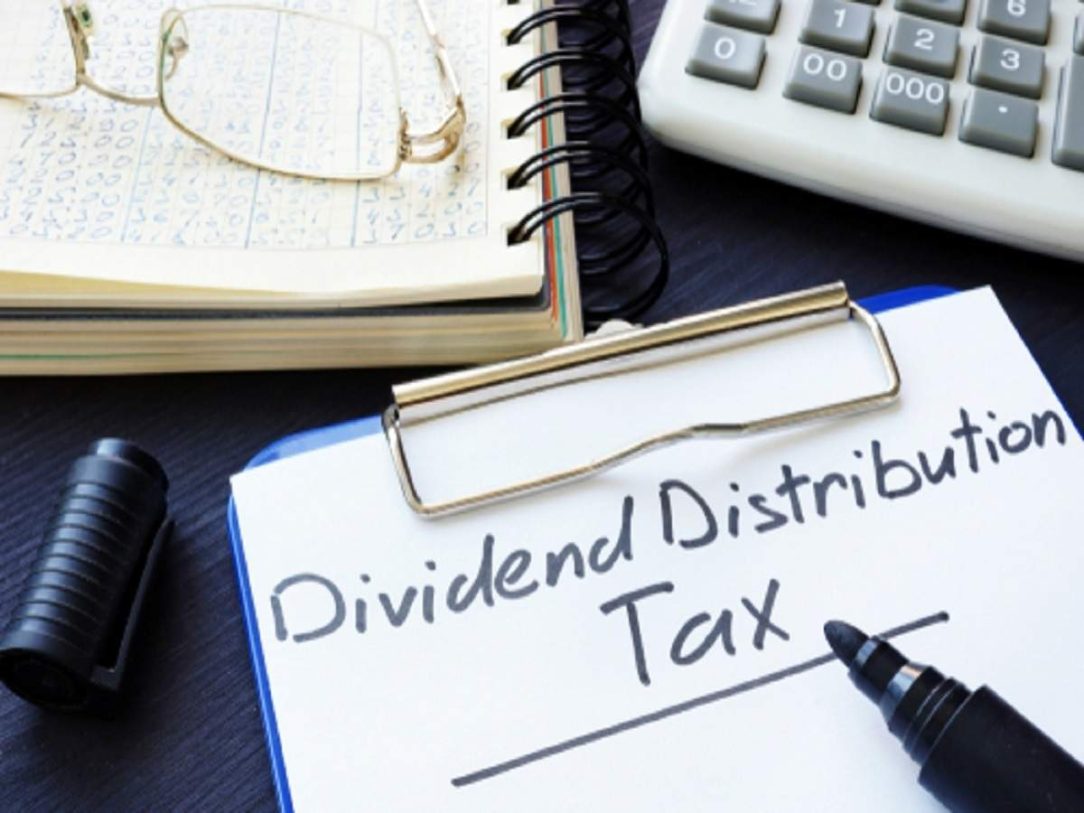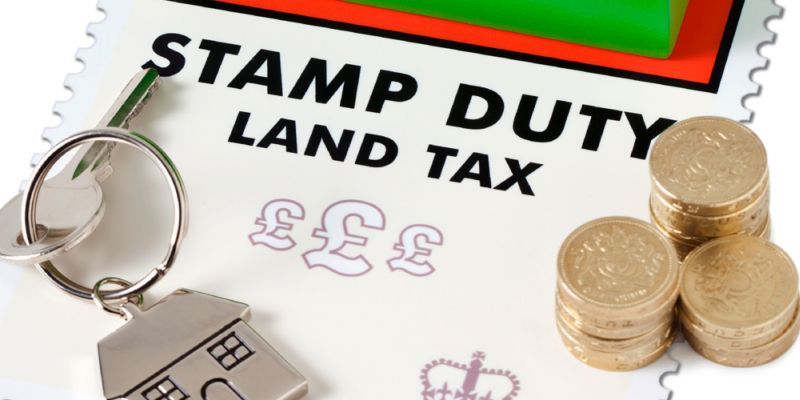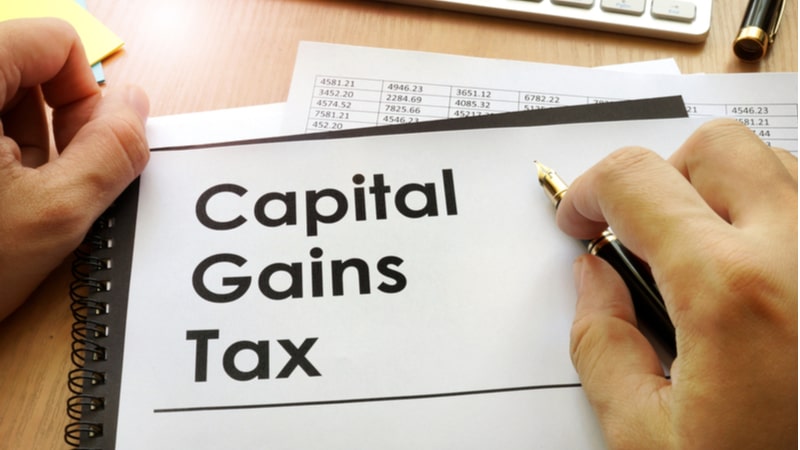The stock market, also known as the share market, shows the ownership of individuals in the net capital assets of a company. Shares are nothing but a dematerialized form of ownership. Whenever a company, big or small, wants to raise capital for doing business, it does so in the form of shares. The Company also gets registered in the share market so that the Company’s shares can be freely traded to the public.
A company release offers known as an IPO (Initial Public Offering), where a company puts a price tag on its shares and collects money equivalent to that price from its shareholders. So if one share of Coca-Cola company costs 50 dollars and if any individual owns 100 shares of the company, then he owns 500 dollars of the assets of Coca-Cola company.
People can earn money by trading in shares of the companies on the stock markets. But during the recent downfall in stock prices, many traders have faced losses. Many now prefer investing in the retail currency trading in foreign exchange (FOREX) markets through brokers. Going through this article, one can learn about the best expert brokers in the UK for FOREX trading.
How Do Individuals Make Profit Through The Shares

Source: unsplash.com
Investing in stocks or shares of a company is like investing in the company’s capital assets. That is because when one contributes to shares, the amount invested is used by the company to expand its business, buy assets, etcetera. Further, investors also earn by trading shares in the stock market.
So when the organization makes a profit, its shareholders also get a share of the profit from the organization. Also, by buying and selling shares, a trader can make a profit when a given stock is bought at a lower price and sold at a higher price. The difference in the cost price and the selling price of the share is the profit for the share trader.
3 Things Investors Should Know About The Taxes on Share Trading
Share trading generates income. Players in the share markets are some of the wealthiest citizens of any country. However, these are seasoned players who have a team of lawyers and tax consultants who manage their taxes. Beginners, however, are not very conscious of the tax implications of trading in shares. They should know more about the tax on share trading
Dividend Distribution Tax

Source: indiatimes.com
Dividends are profits a shareholder earns when a company makes profits. Since the shareholder earns income passively, he has to pay tax to the Government on such income generated.
A new investor might not be aware that there are certain areas where one is not expected to pay dividend distribution tax. For instance, if a person invests in pension companies or individual share accounts, the transactions are tax-free.
Again if the profit earned is below a certain threshold, the individual is given tax relief. For instance, if the profits earned are below £2000, then they are exempted from any tax.
Stamp Duty

Source: premier-propertysearch.co.uk
Stamp duty is the tax the Government applies on the transfer of assets. Now assets include a house, a piece of land, or even stocks. So when stocks are transferred the Government can claim a certain amount as tax.
In the UK, when a person buys shares, a tax known as the stamp duty tax of 0.5% of the transaction value is imposed.
However, there are exemption limits here as well when the transaction amount is below £1000, then one does not have to pay any taxes. Likewise, if an individual buys units in the unit trust or for that matter if someone is given shares free of cost, to begin with then no stamp duty reserve tax is imposed on that person.
However, taxes are not needed to be paid in some other situations also. For instance, if someone invests in shares of a foreign company that has a share register in the UK then the taxes are not applied to it.
Capital Gains Tax

Source: ipleaders.in
Capital gains taxes are applied to the profits made when one’s capital increases. In simple language, if one owns a house and the price of this house increases by ten, then if the house is sold after ten years the owner pays a capital gains tax on the appreciation of the value of his capital- the house in this case. Capital Gains Tax is applicable for shares as well.
In the UK the profit on stock trading and investment is taxable. If the income is more than £12,300, the Capital Gain Tax is applicable only on the amount that exceeds £12,300. For a basic slab taxpayer, it is 10%, whereas, for a higher slab taxpayer, the applied tax is 28% of the amount exceeding £12,300.
The Capital Gains Tax is exempted when you earn profit from investment in ISA. The tax on profits from share trading with your spouse or civil partner (if not gotten separated or not living together).
Also, certain exemptions from paying the Capital Gains Tax are allowed if individuals invest in Gilted shares. Gilted shares are Government shares and are usually considered to be extremely safe.
Conclusion
Thus we see that tax management has extremely important for the share traders if they want to earn profits. Also, tax compliance is a must to avoid legal hassles. Thus, share traders have to walk the tight ropewalk where they have to optimize and manage their earnings so that they can gain maximum profits yet pay taxes to the Government as and when they are due.
Thus, investors, especially the new shareholders, need to be aware of this. They need to understand the nuances of investing and then make prudent choices such that their businesses can grow and at the same time be able to compete with old and seasoned players in the share market.
One can easily say that share trading is an exciting profession. On the one hand, it can make millionaires in a matter of a few days; on the other hand, it can destroy the wealth of individuals. Staying alert and aware is what makes all the difference and decides who the next Warren Buffet becomes and who does not.




